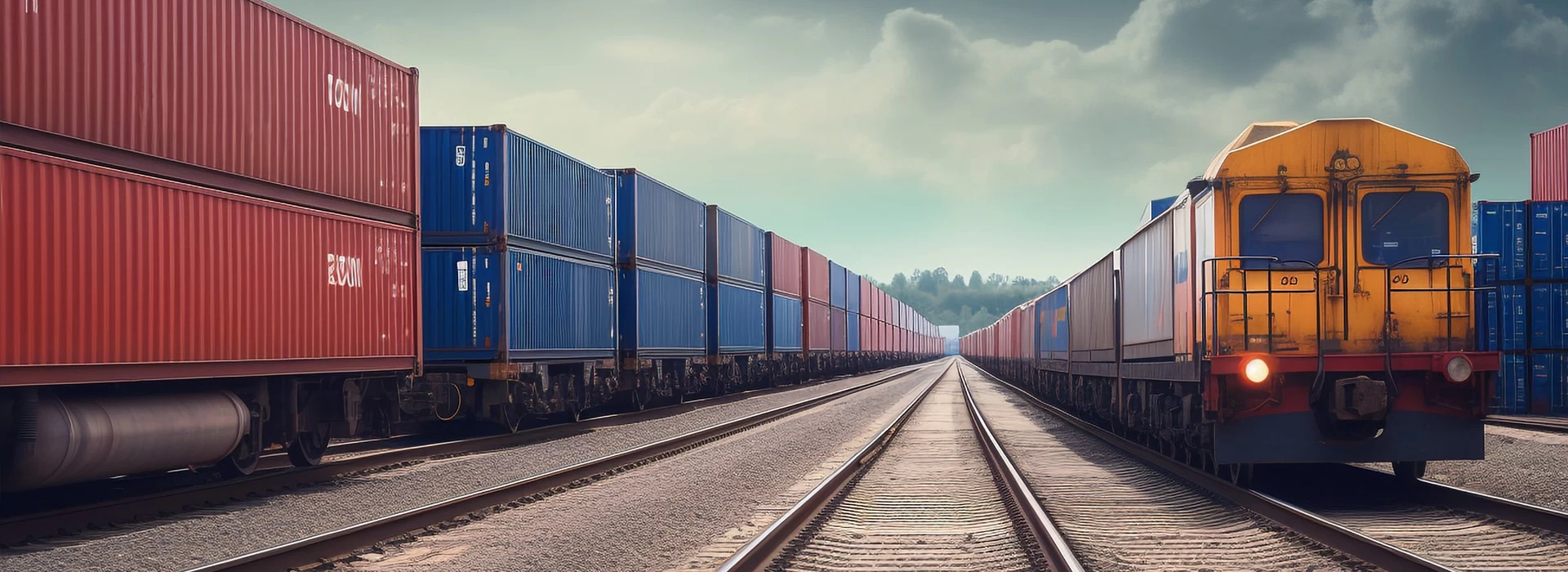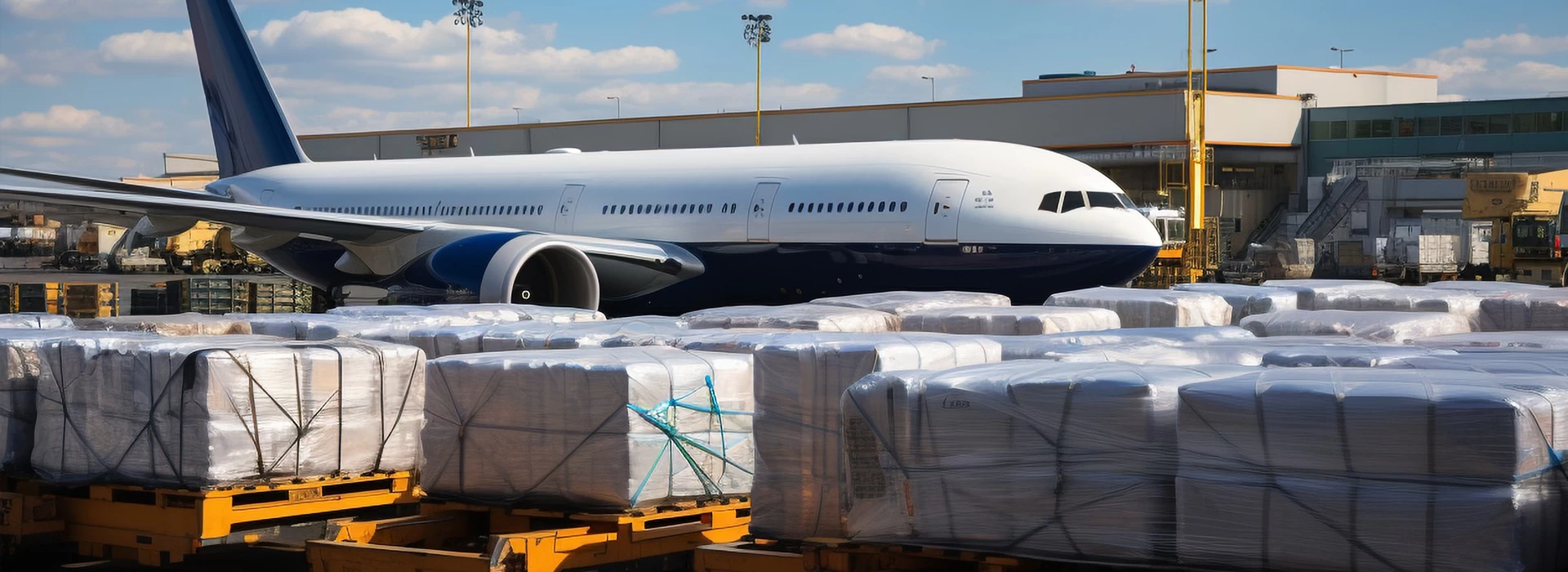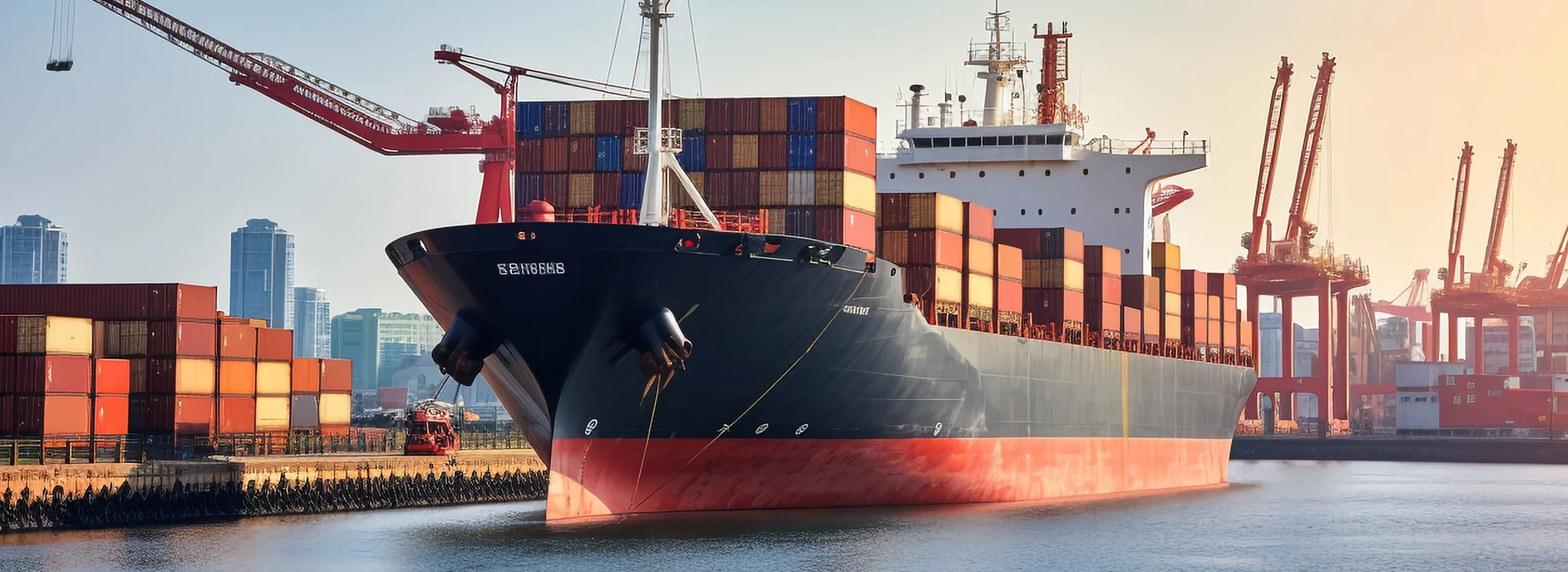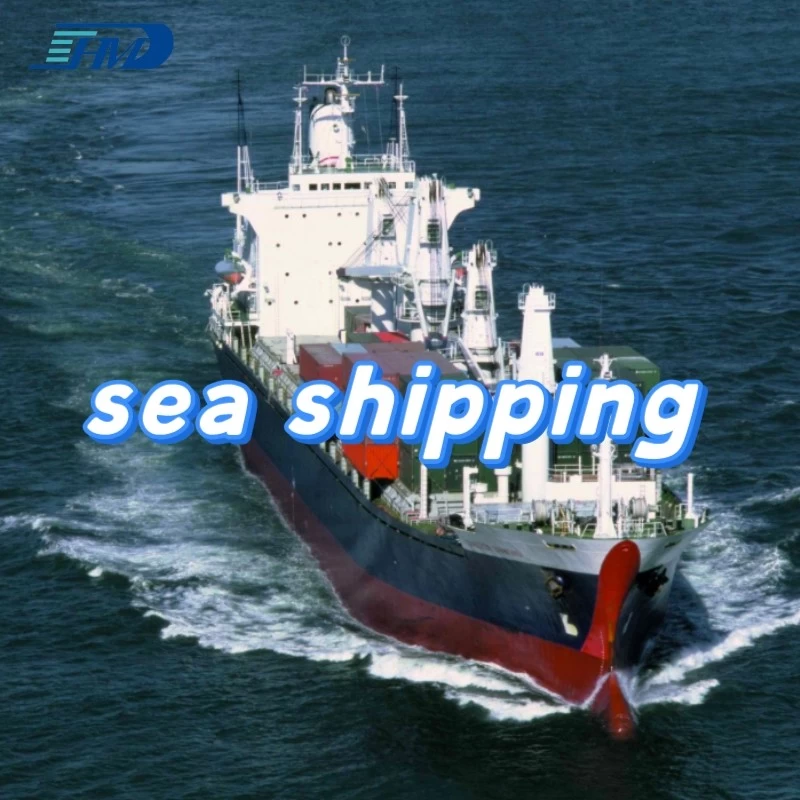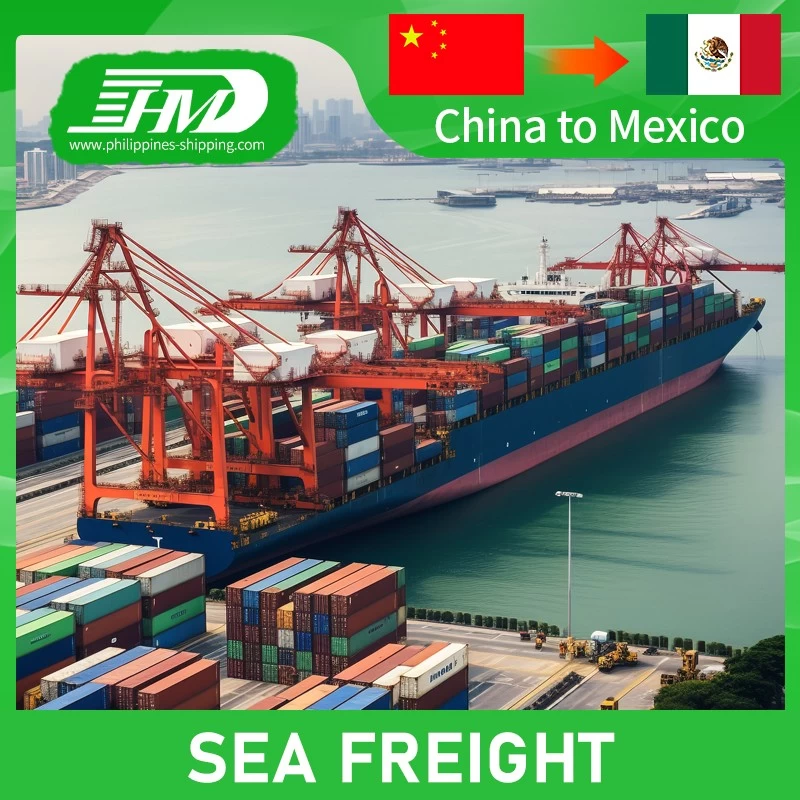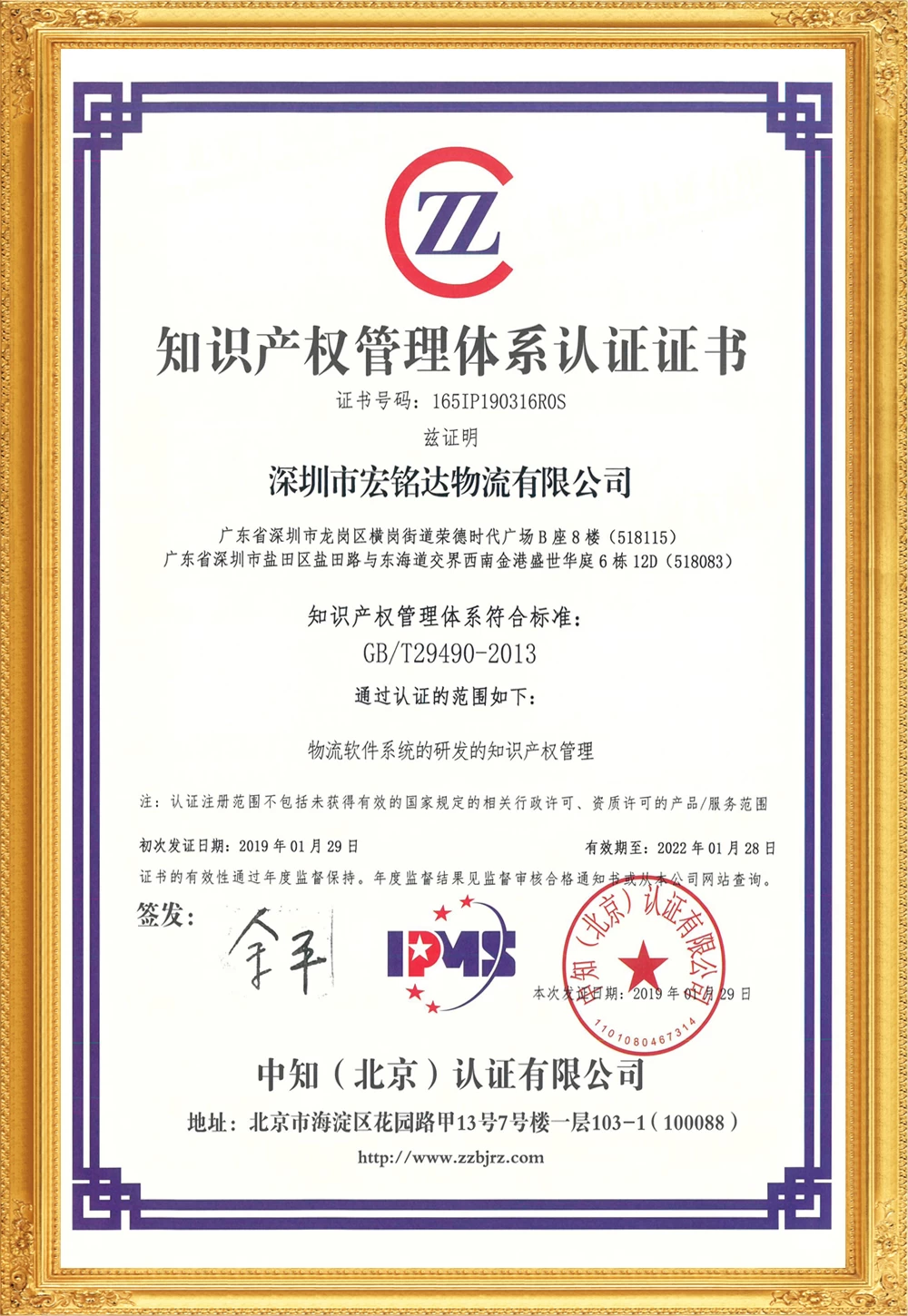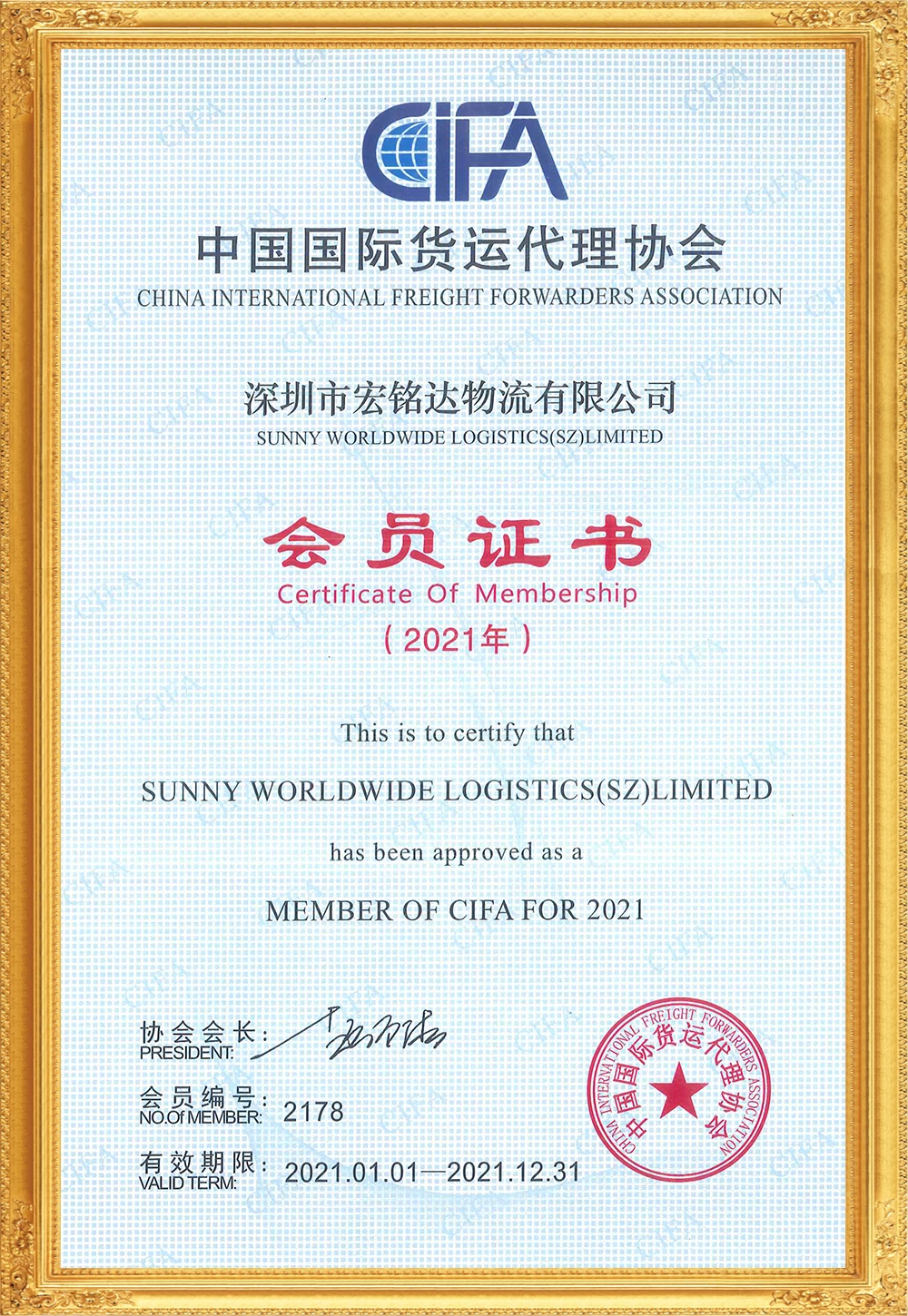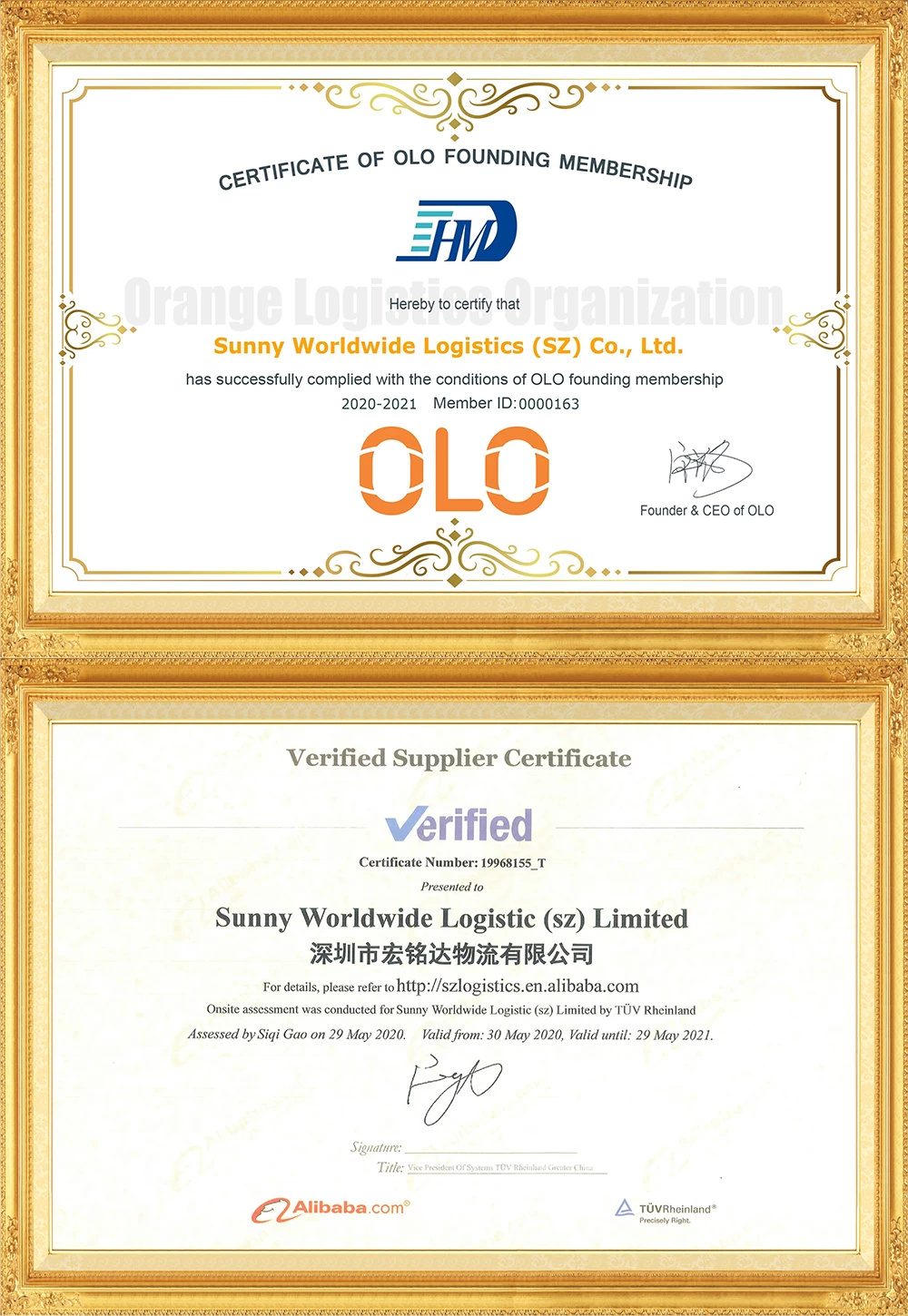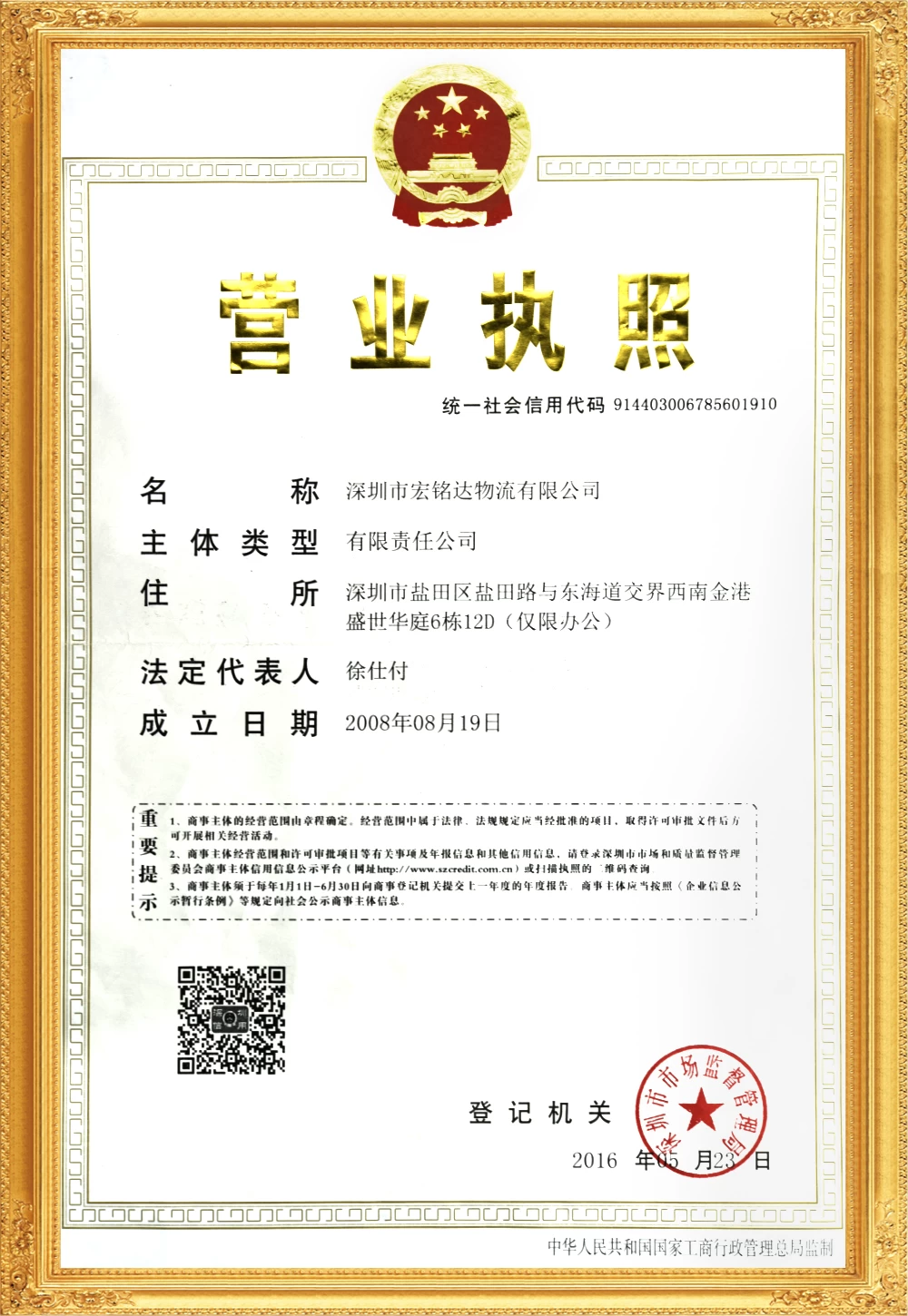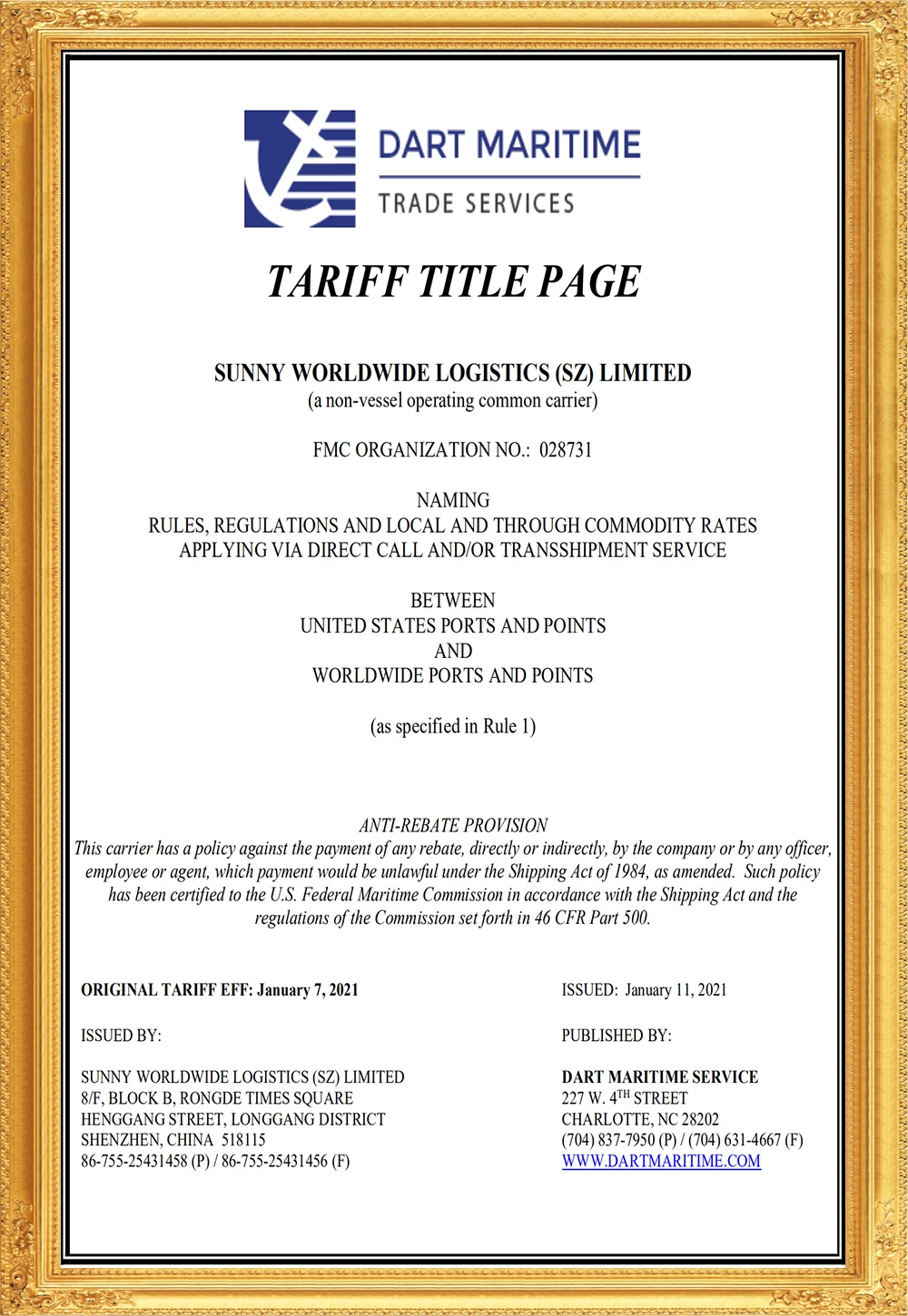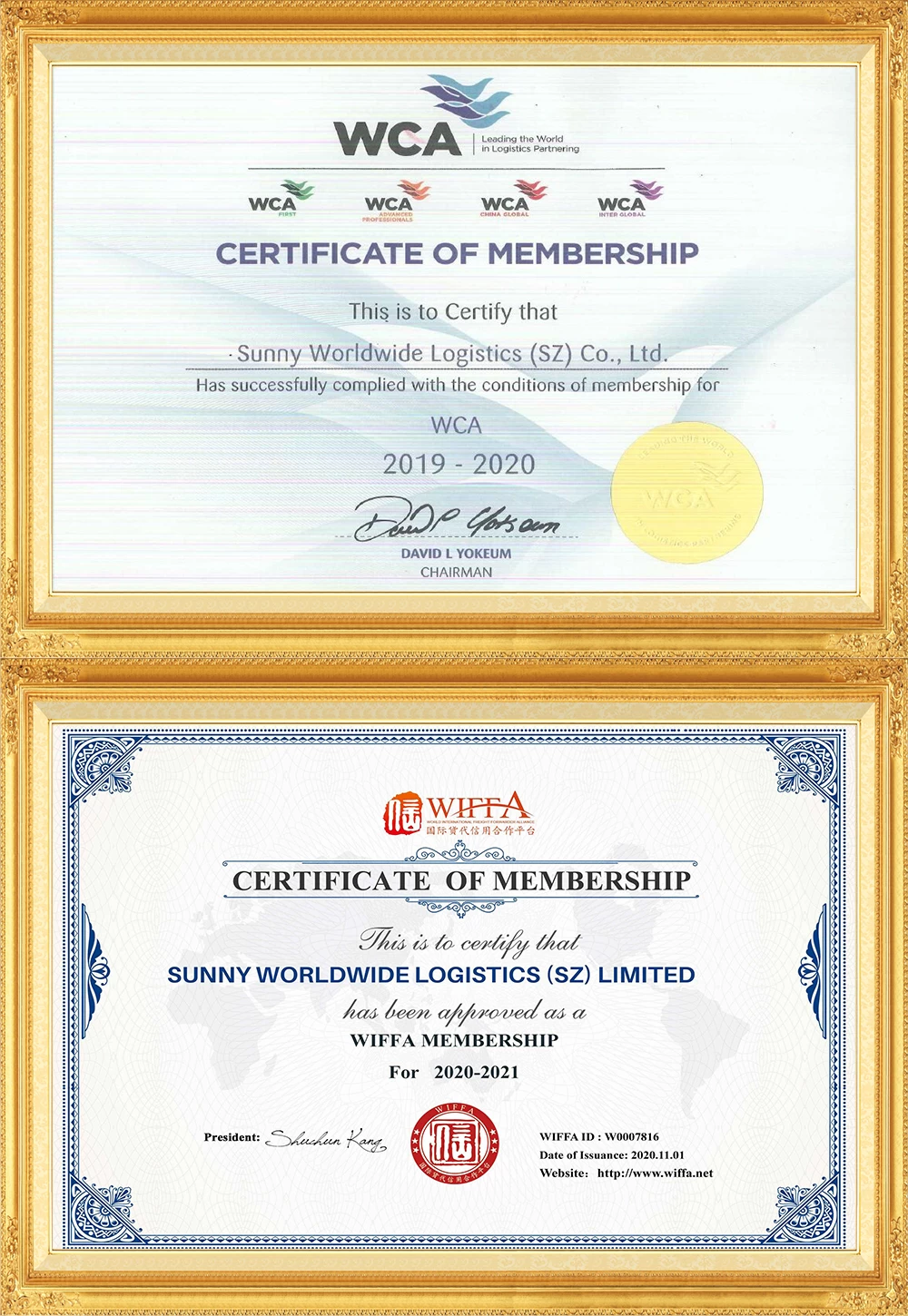What is general average in international shipping?
What is general average in international shipping?

General average refers to special sacrifices or special expenses paid intentionally and reasonably to avoid common dangers to the ship or cargo on board. General average losses shall be borne jointly by the ship and cargo (including different cargo owners). The general average measures taken are called general average actions.
General average is a principle of shared risk. The purpose is to ensure that all relevant parties in maritime transportation share risks and encourage shipowners to take necessary protective measures, rather than just caring about their own interests and ignoring the safety of other ships and cargo.
When general average occurs, according to international maritime practice, the shipowner or insurer will entrust a professional maritime investigator to assess the losses and expenses, and determine the shared responsibilities of each party in proportion based on the common ship value of the relevant parties. All parties involved in general average (ships, cargo owners, etc.) need to pay the corresponding general average share to the general average organization to share the costs and losses caused by maritime disasters or dangerous situations.
General average is one of the important principles in international maritime trade. It not only ensures the safety of maritime transportation, but also promotes cooperation and reciprocity, ensuring that the interests of all participants are fairly protected.
Application scenarios
1.. The ship is about to be in danger or has encountered a shipwreck during navigation. The situation is urgent and the captain must take measures to maintain the safety of the ship and cargo.
2 Shipwrecks and dangers must be real and not speculative.
3.General average behavior must be man-made and intentional.
4.Losses and expenses must be exceptional. For example, if a ship sails against strong winds and the machinery is damaged due to overload, it does not fall into general average; if the ship has been stranded and the machinery is overloaded and damaged in order to escape from shallow water, it falls under general average.
5. The general average actions taken must be reasonable
6. For the common safety of the goods rather than the individual safety of the ship or a certain cargo owner.
7. is a loss directly caused by the consequences of general average. For example, if seawater is used to extinguish a fire, any goods with burn marks that are then damaged by seawater will not be counted as general average. The loss of goods that were originally intact but were damaged by seawater should be included in general average.
8.General average actions should in principle be commanded by the captain, but in unexpected circumstances, such as the captain being seriously ill or captured, it is commanded by someone else or even the captain of an enemy country. If the above 7 conditions are met, it will also be considered general average.


